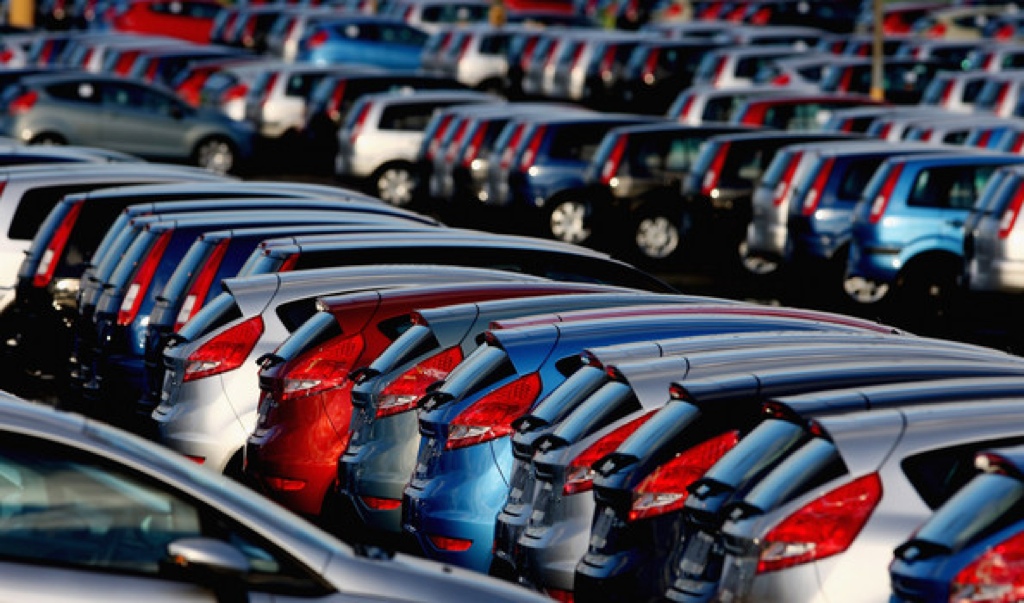The UK government’s recent decision to postpone the ban on the sale of new petrol and diesel vehicles from 2030 to 2035 has sparked significant reactions from various stakeholders. This decision, announced by Prime Minister Rishi Sunak, means that new petrol and diesel cars and vans will continue to be available for purchase until 2035, although they will still be available on the secondhand market thereafter.
The National Franchised Dealers Association (NFDA), representing car and commercial retailers in the UK, expressed a mixed response. Sue Robinson, the chief executive, acknowledged the alignment of the UK automotive industry with the European Union, which was supported by 60% of their members surveyed in August 2023. However, she also noted that this change could create further uncertainty within the industry.
Ian Plummer, the commercial director of Auto Trader, criticized the decision as a “hugely retrograde step” that prioritizes politics over net zero goals. He expressed concern that this U-turn would cause significant confusion for manufacturers and discourage drivers from switching to electric vehicles (EVs). Similarly, Sally Foote, UK managing director at carwow, expressed frustration over the announcement, citing the need for clarity and stability as the industry transitions to electric vehicles. She emphasized that the government’s decision risks undermining the progress made towards adopting EVs and could send a message that going green is not a priority.
David Martell, an EV expert and owner of British home charging companies, described the government’s move as “truly retrogressive” and counterproductive, noting its potential negative impact on the environment, car buyers, and green-tech investment in the UK. He highlighted the need for clear commitment and better policies to facilitate the transition to EVs.
Philip Nothard of Cox Automotive commented on the broader implications of the decision, emphasizing the need for incentives, investment, and commitment from the government to accelerate the shift towards clean transportation. He expressed concerns that the government’s ambiguity and lack of engagement in meaningful discussions could further hinder progress in transitioning to EVs.
Dylan Setterfield from cap hpi pointed out that the government’s “Road To Zero” strategy is now shrouded in uncertainty due to the delay in the ICE (Internal Combustion Engine) ban. He mentioned that while significant progress has been made in infrastructure development, the penetration of BEVs (Battery Electric Vehicles) is still behind what is required to naturally reach a 100% BEV reality by 2030 without significant intervention.
Yet another U-Turn on policy
In the past, diesel vehicles were often promoted as a more environmentally friendly option compared to petrol cars, due to their better fuel efficiency and lower CO2 emissions. This led to various incentives and policies that encouraged the purchase and use of diesel vehicles. However, later studies and increasing concerns about air quality revealed that diesel cars emit significant amounts of nitrogen oxides and particulates, which are harmful to human health and the environment.
In summary, the UK government’s decision to delay the ban on new petrol and diesel cars to 2035 has been met with a range of reactions. While some industry representatives see the alignment with European standards as a positive step, others criticize the move as detrimental to the environment, confusing for consumers and manufacturers, and a hindrance to the progress towards electric vehicle adoption.




